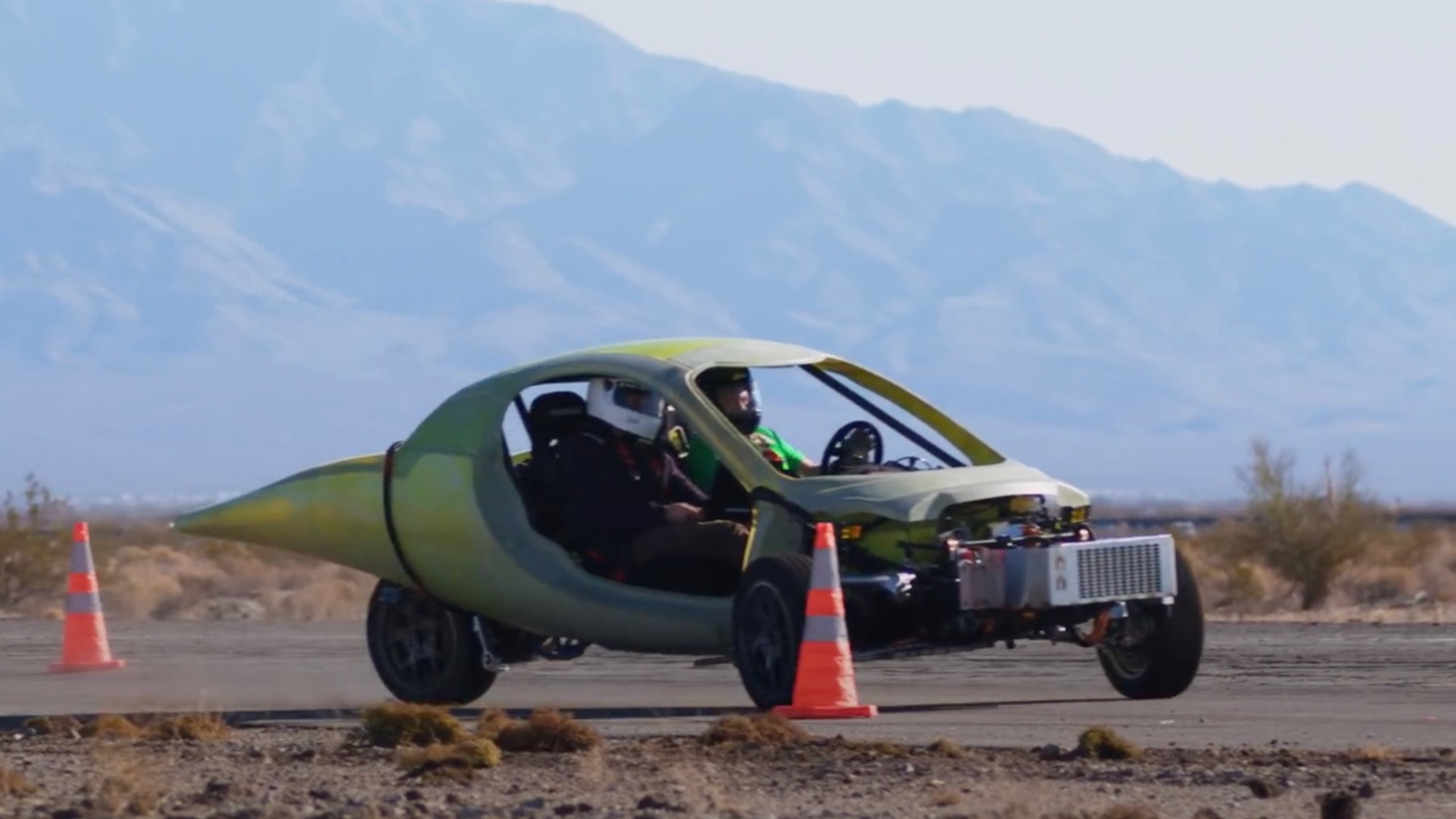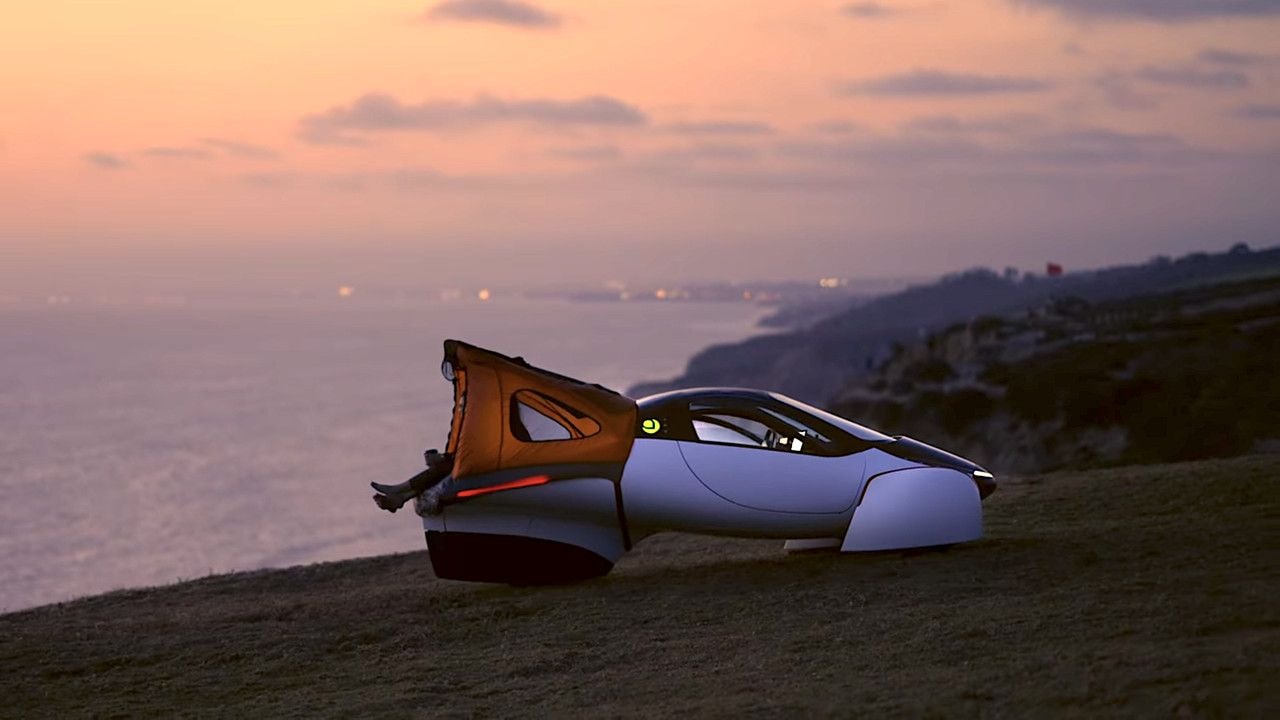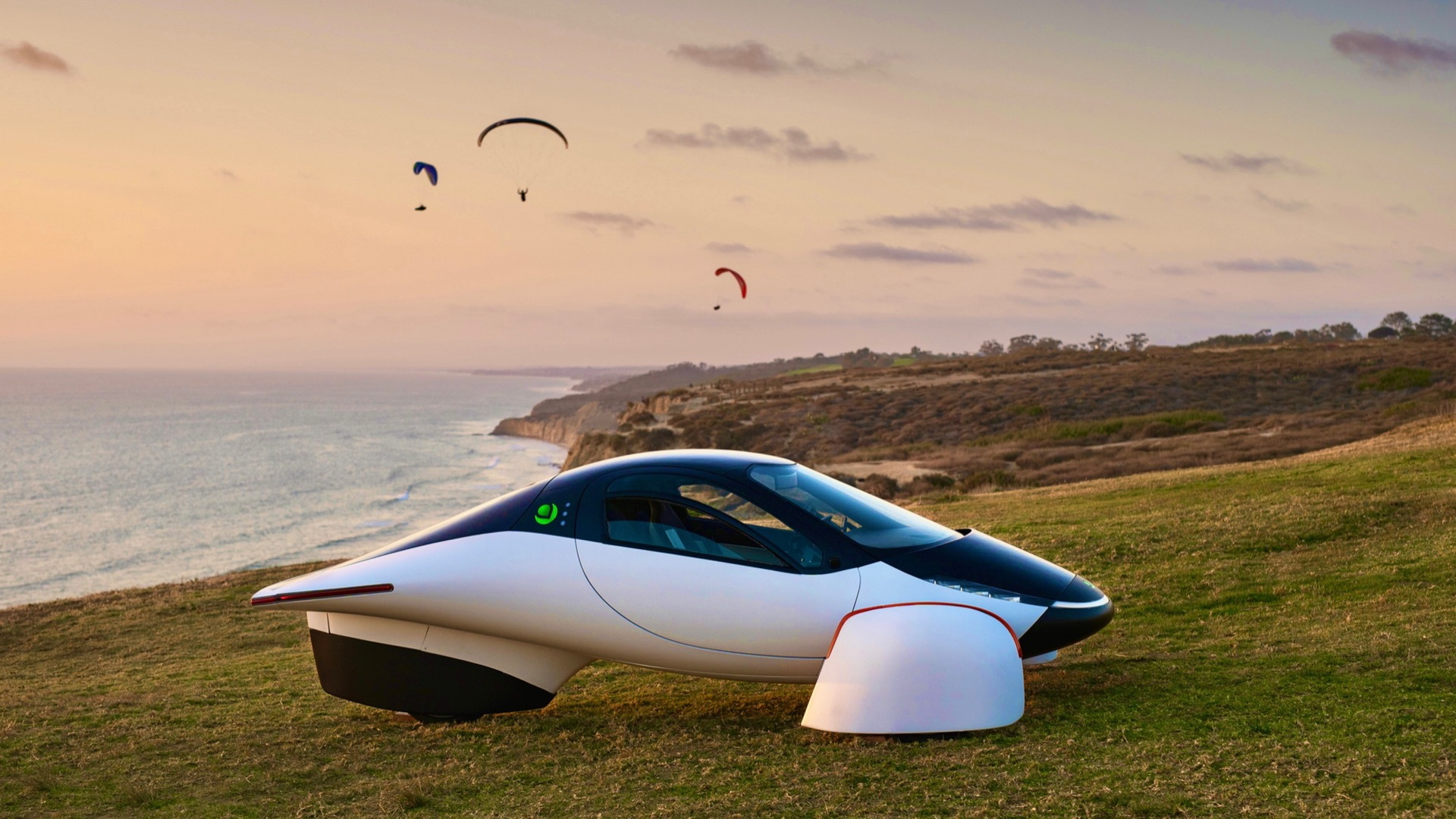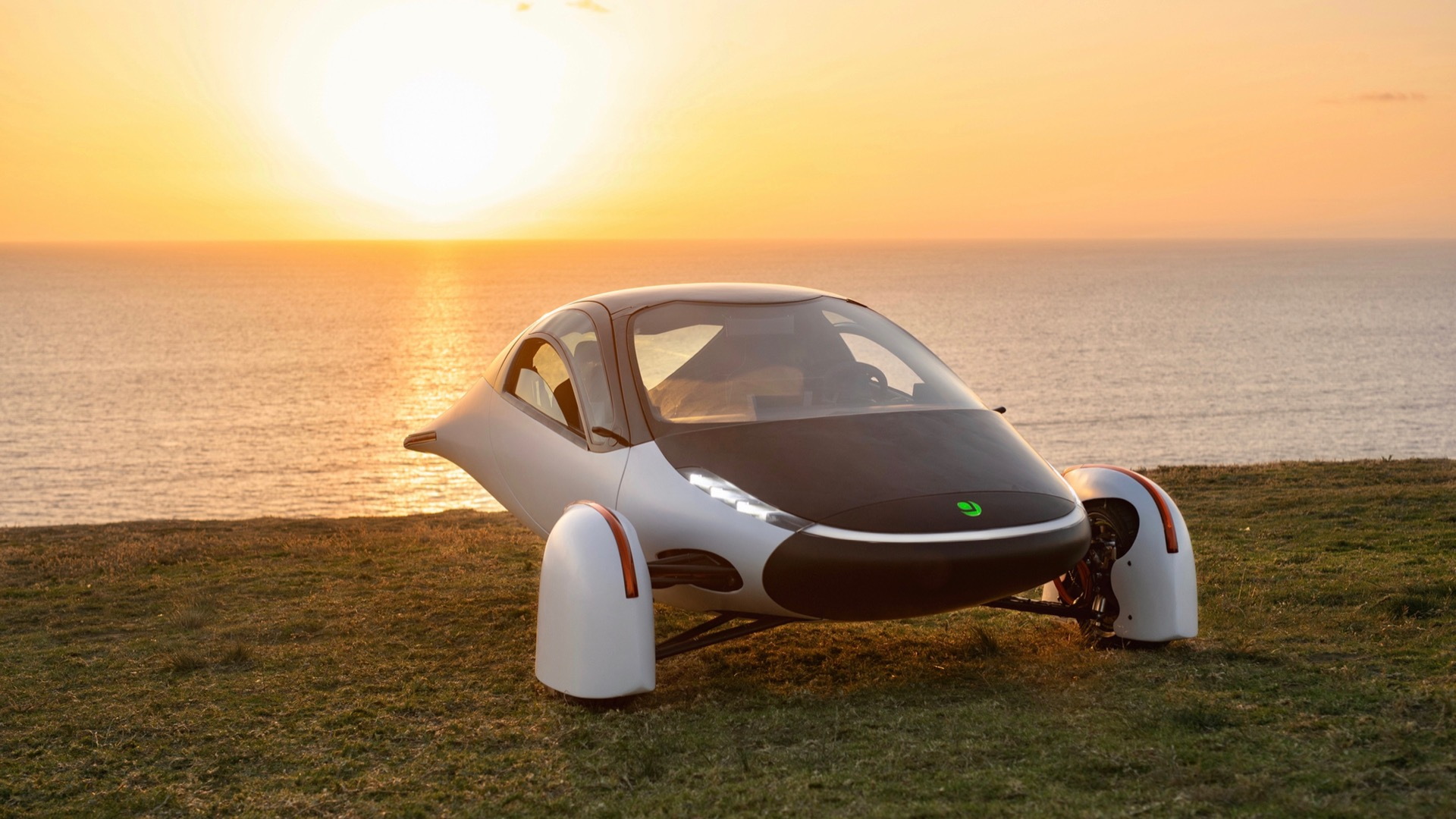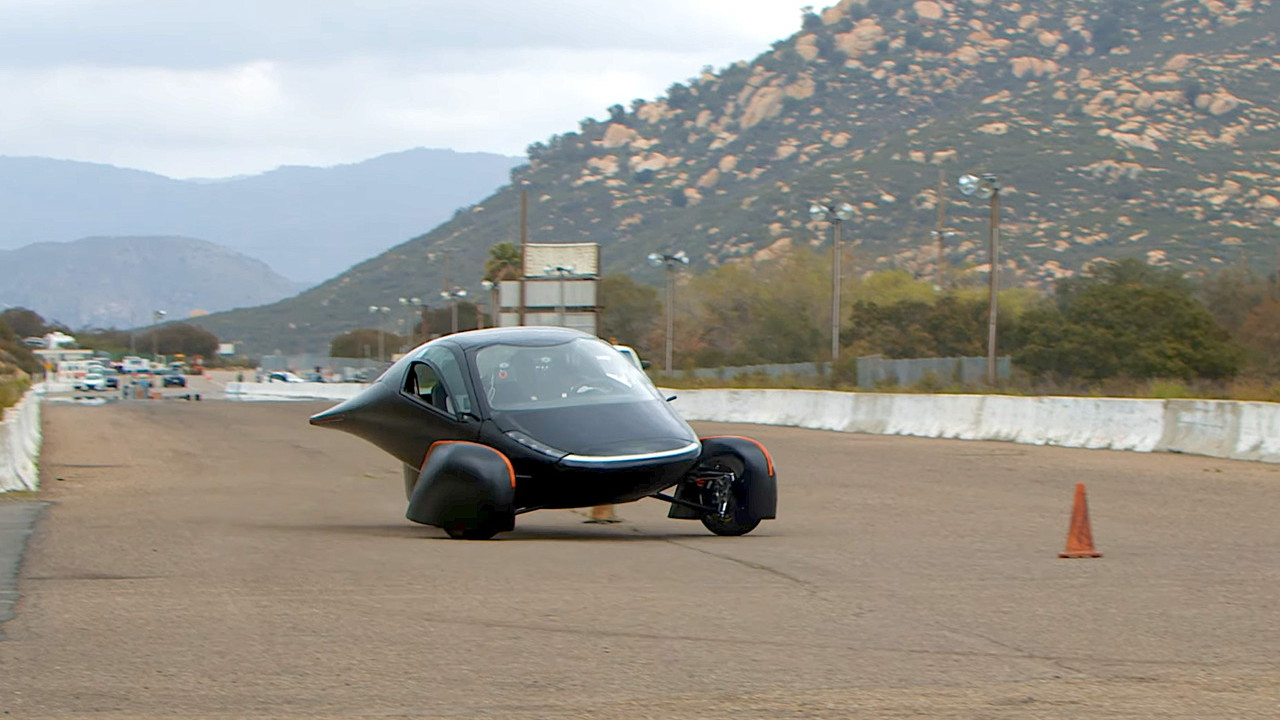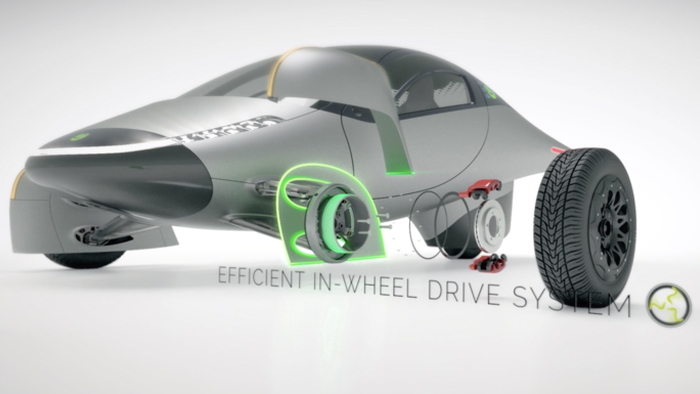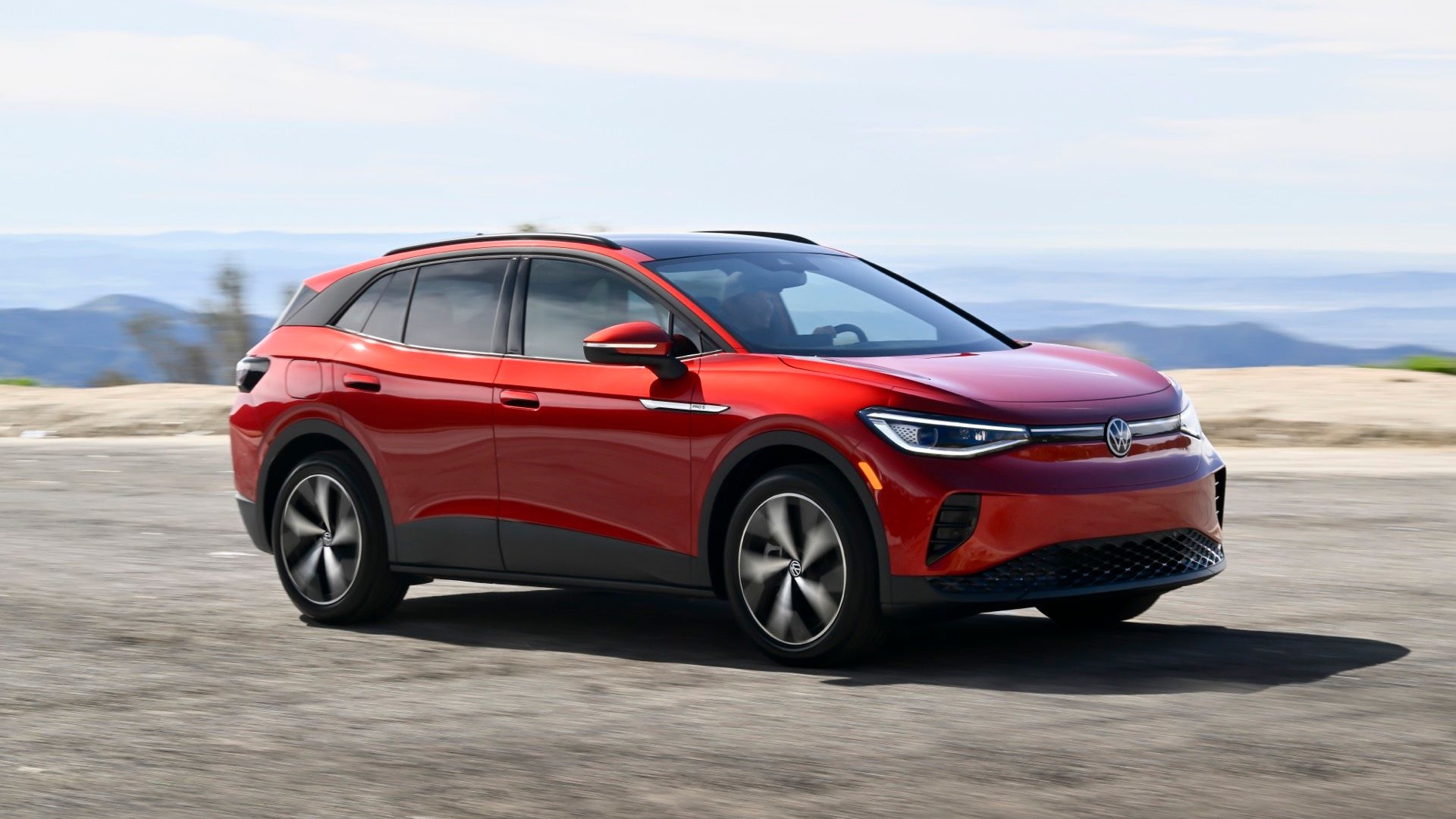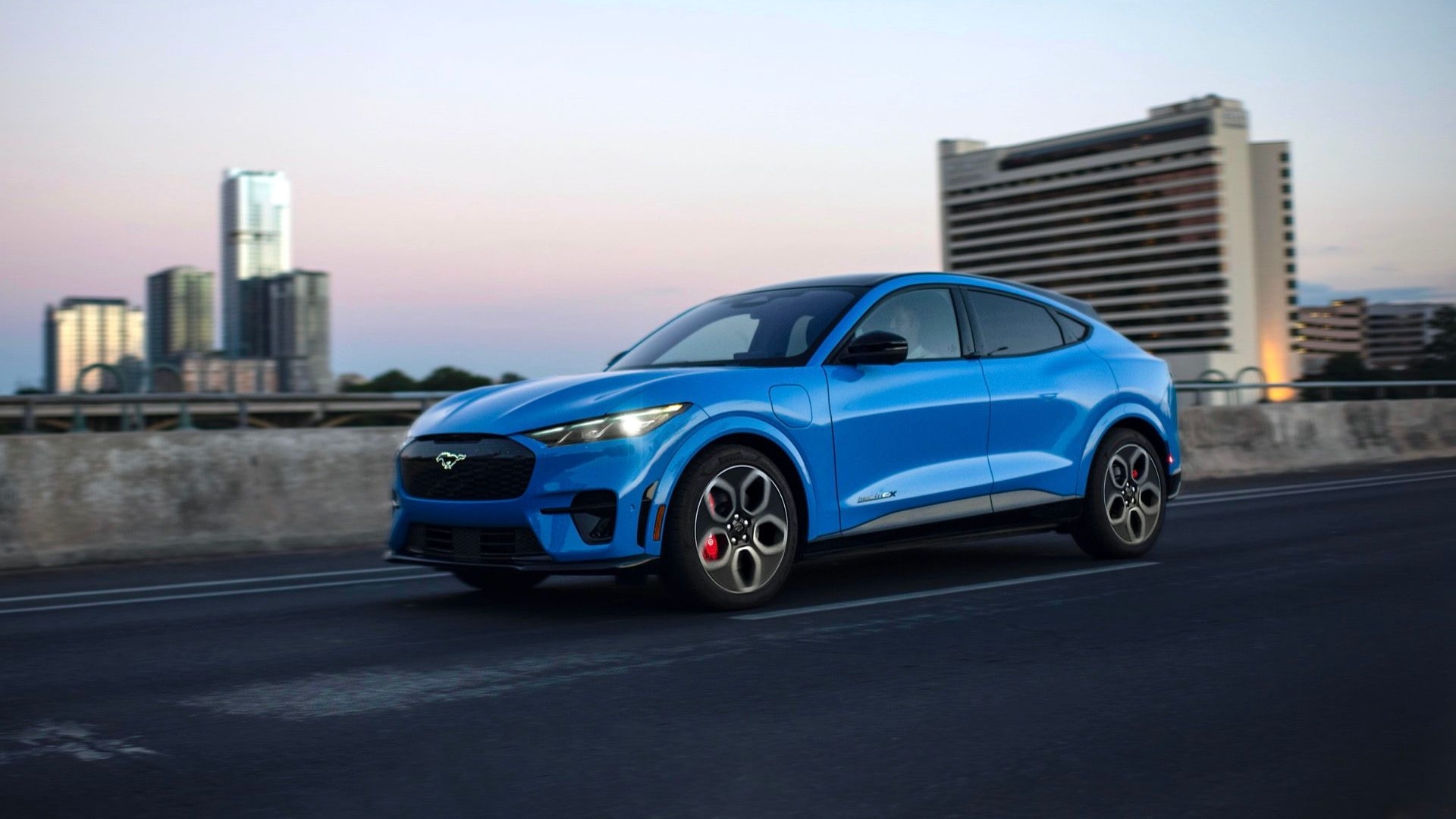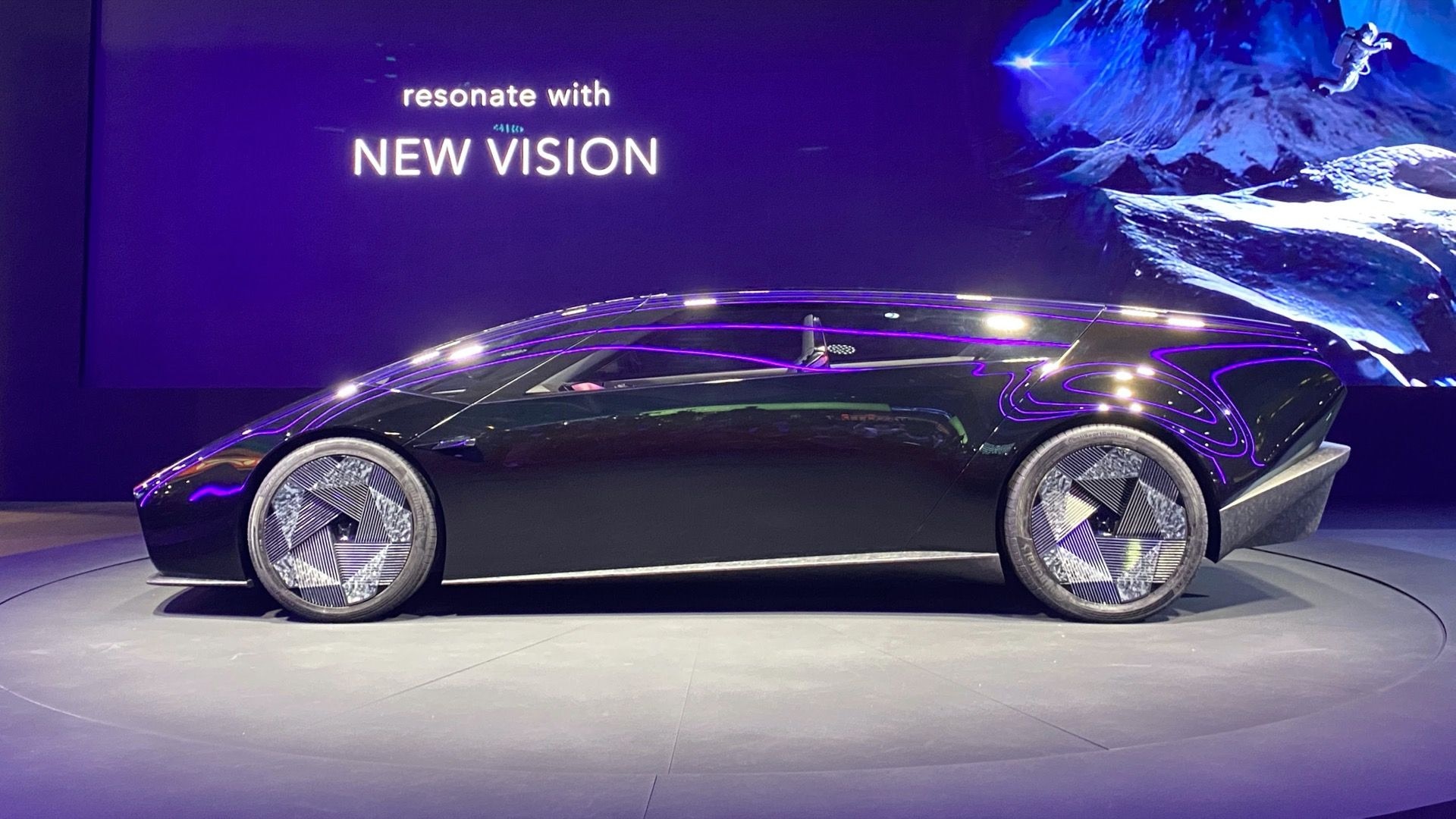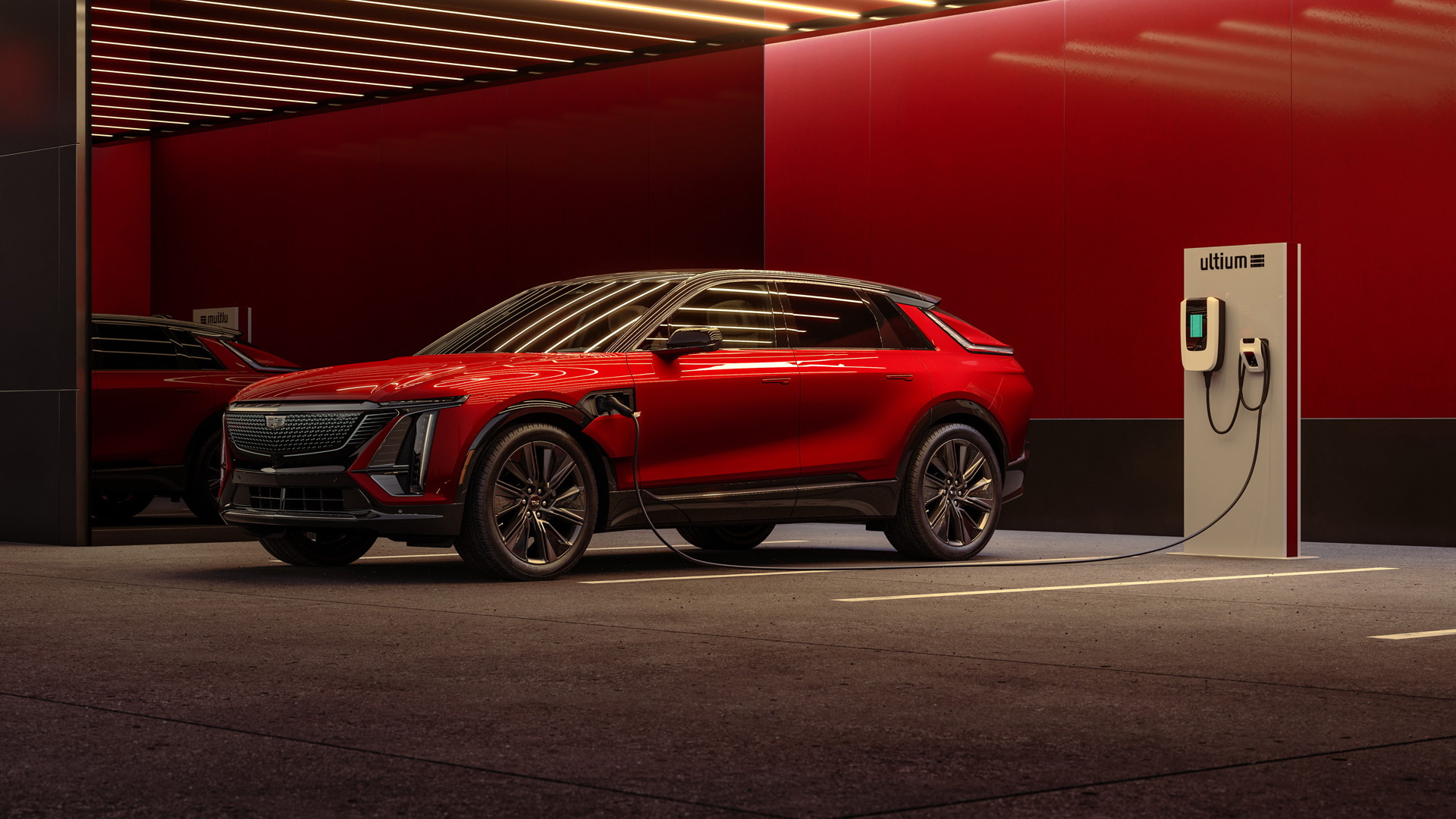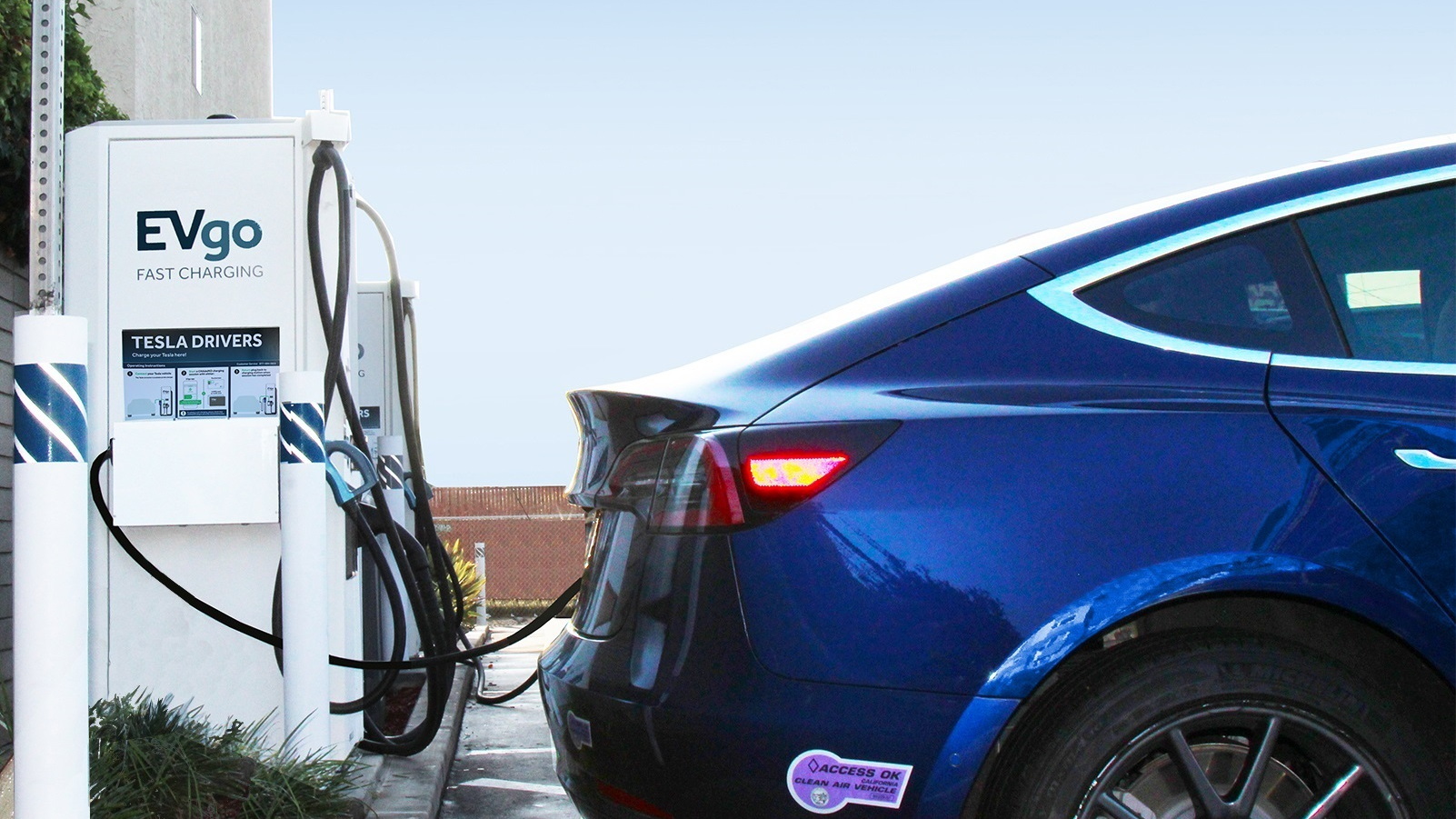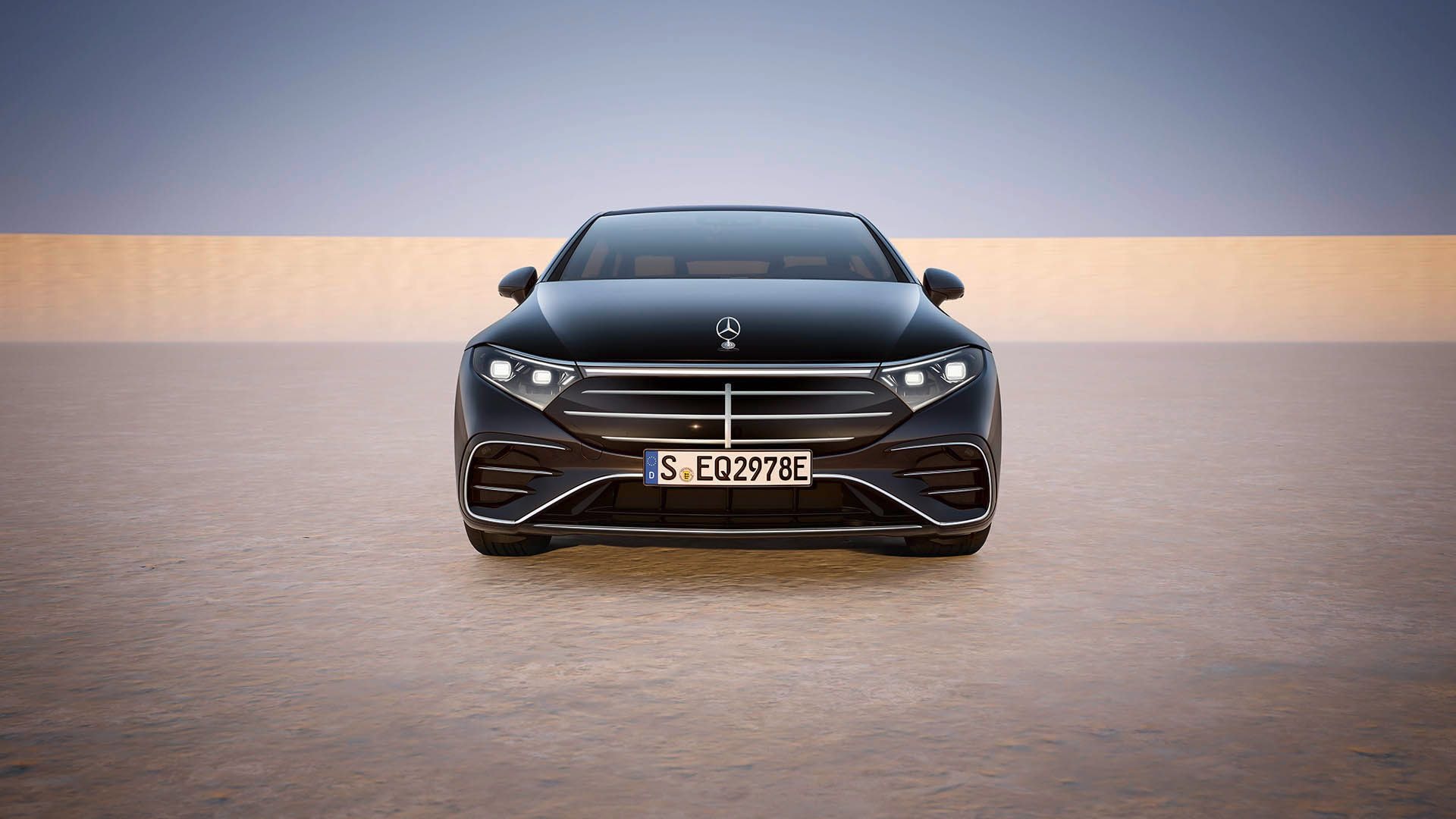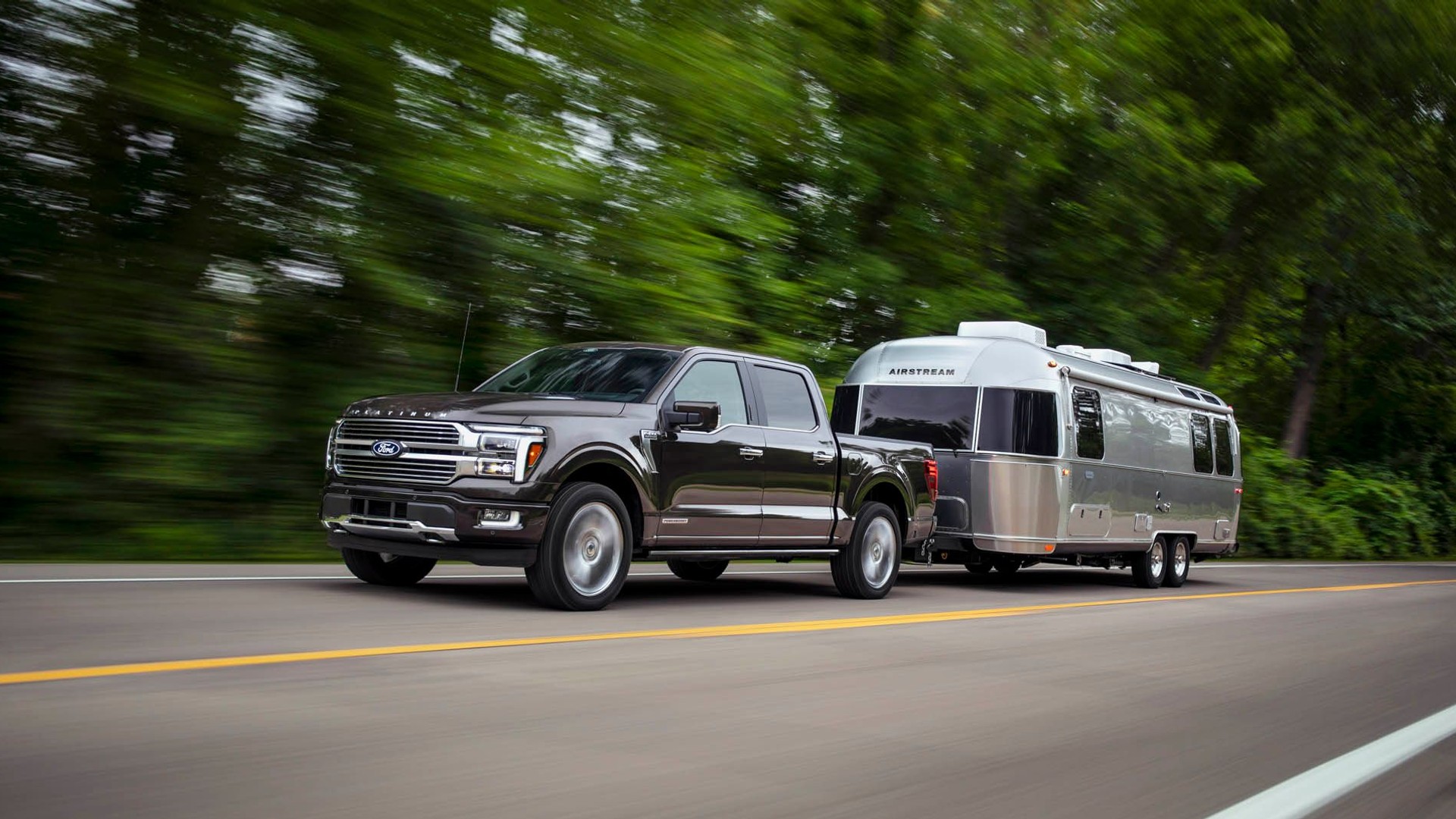Aptera recently provided an update on development of its electric 3-wheeler, releasing a pair of videos showing a test mule being put through its paces at California's Chuckwalla Valley Raceway.
The stripped-down vehicle shown here is a "beta" prototype, representing the second of four phases of development, Aptera noted. It follows the initial "alpha" prototypes, and will be followed by production-intent vehicles designated "gamma." Customer cars will be designated "delta."
Aptera decamped to the track primarily to test ride and handling, conducting a double-lane change maneuver and measuring nosedive under braking. Testers were pleased by the level of stability and lateral grip from the suspension, and will now move on to fine tuning, according to Aptera.
The development team also staged a drag race pitting the alpha and beta prototypes against a Tesla Model 3 and Audi R8—the latter a bona fide supercar. In a video of the race, the R8 and beta prototype appear to be neck-and-neck at the finish line.
Aptera plans to offer all-wheel drive and front-wheel drive versions using in-wheel motors, with claimed 0-60 mph times of 3.5 seconds and 5.5 seconds, respectively. Those are fairly quick times that should allow the Aptera EV to outrun some sports cars.
A 700-watt solar array will help supplement battery packs up to 100 kwh, allowing a range of up to 1,000 miles in that configuration, Aptera has claimed. While the Aptera has a conventional charge port, Aptera is pitching the 3-wheeler as a "never charge" vehicle that can in daily use with the right conditions be powered primarily from these built-in solar panels.
This vehicle is an evolution of what Aptera hoped to build under the company's original existence from 2006 to 2011. After the original incarnation of Aptera collapsed, three of the founders quietly bought back the intellectual property, refined the vehicle's design, and, in 2019, revived production plans.
Jay Leno recently took the EV for a drive, and got a little more detail on the in-wheel motors and how many miles Aptera expects the to see from the solar roof in real-world driving. Co-CEO Chris Anthony told Leno that 40 miles a day should be achievable in sunny climates, or 20 miles in areas with less-cooperative weather.
Aptera isn't the only company to propose using hub motors, although it still remains to be seen if Lordstown Motors will deliver its trucks with in-wheel motors when assembled under contract by Foxconn.
